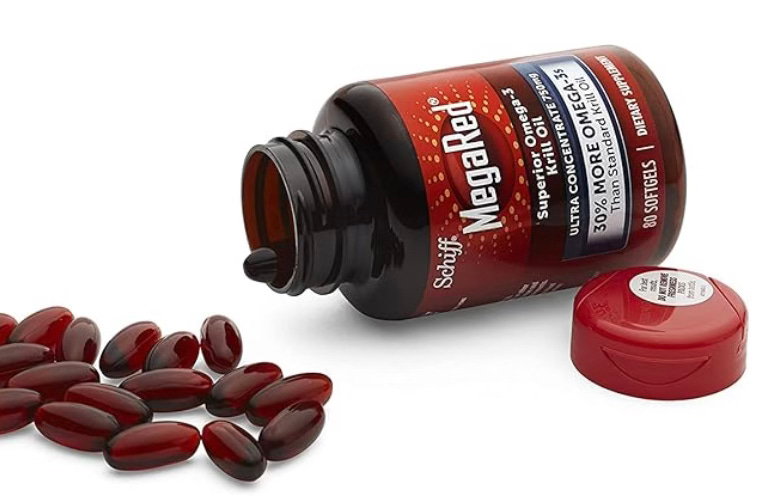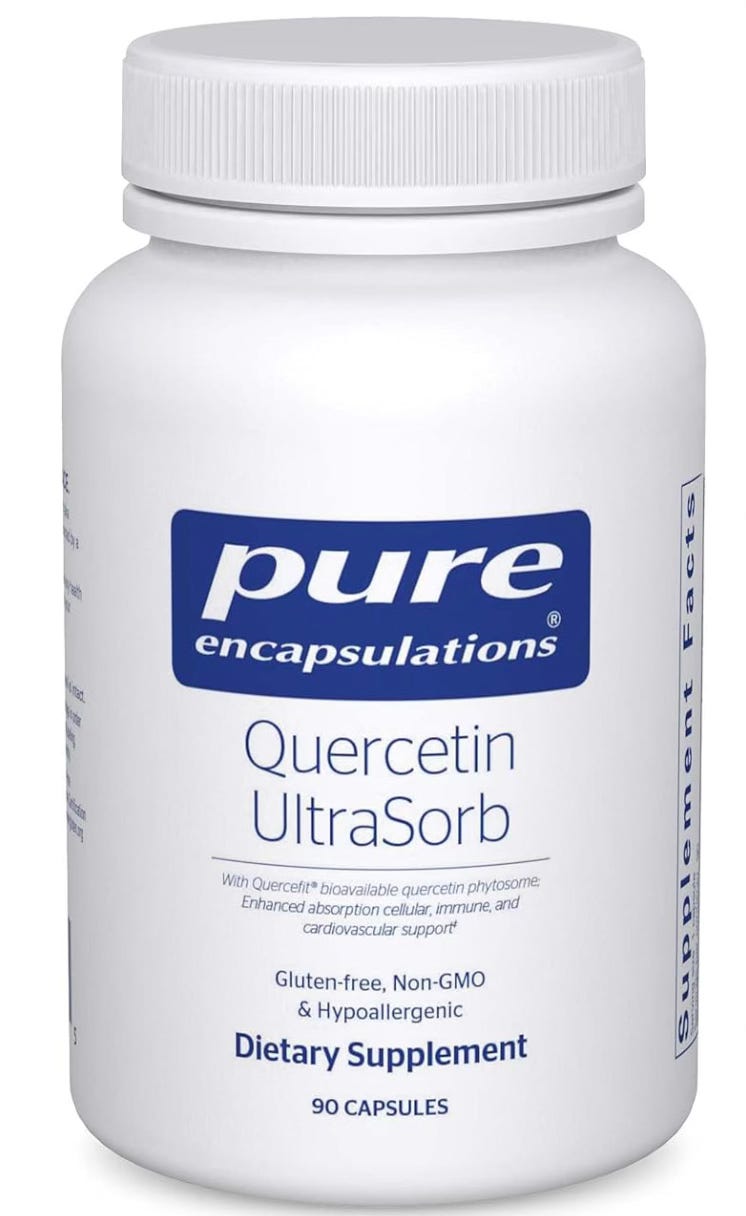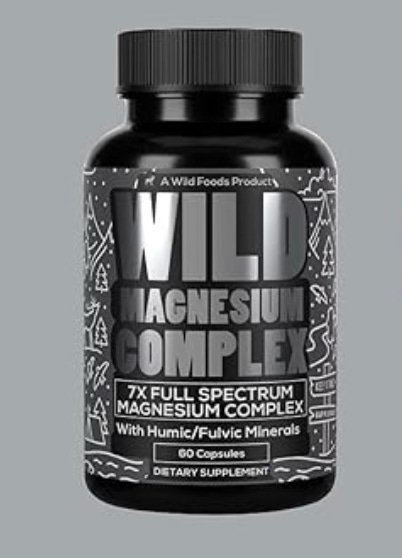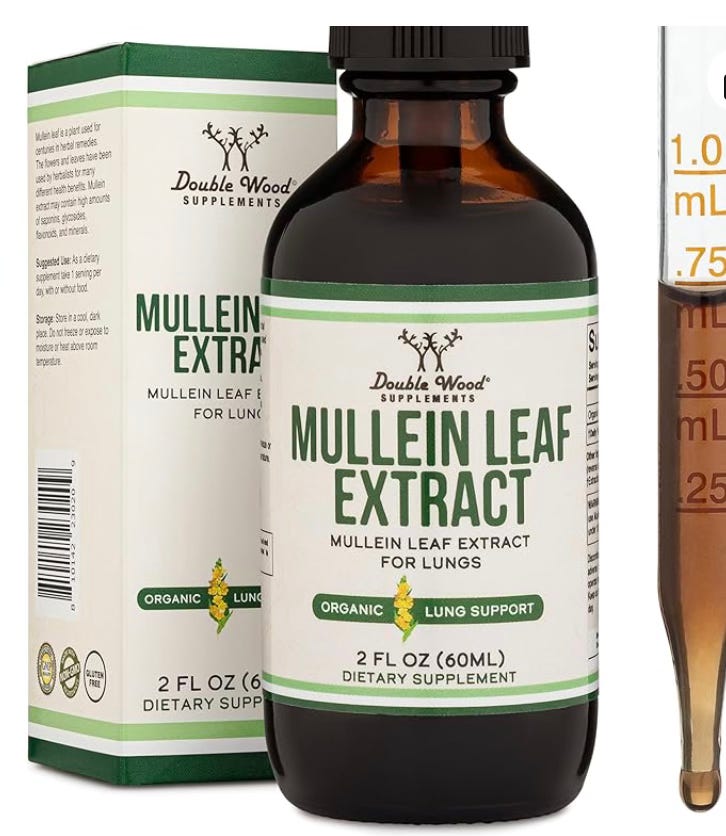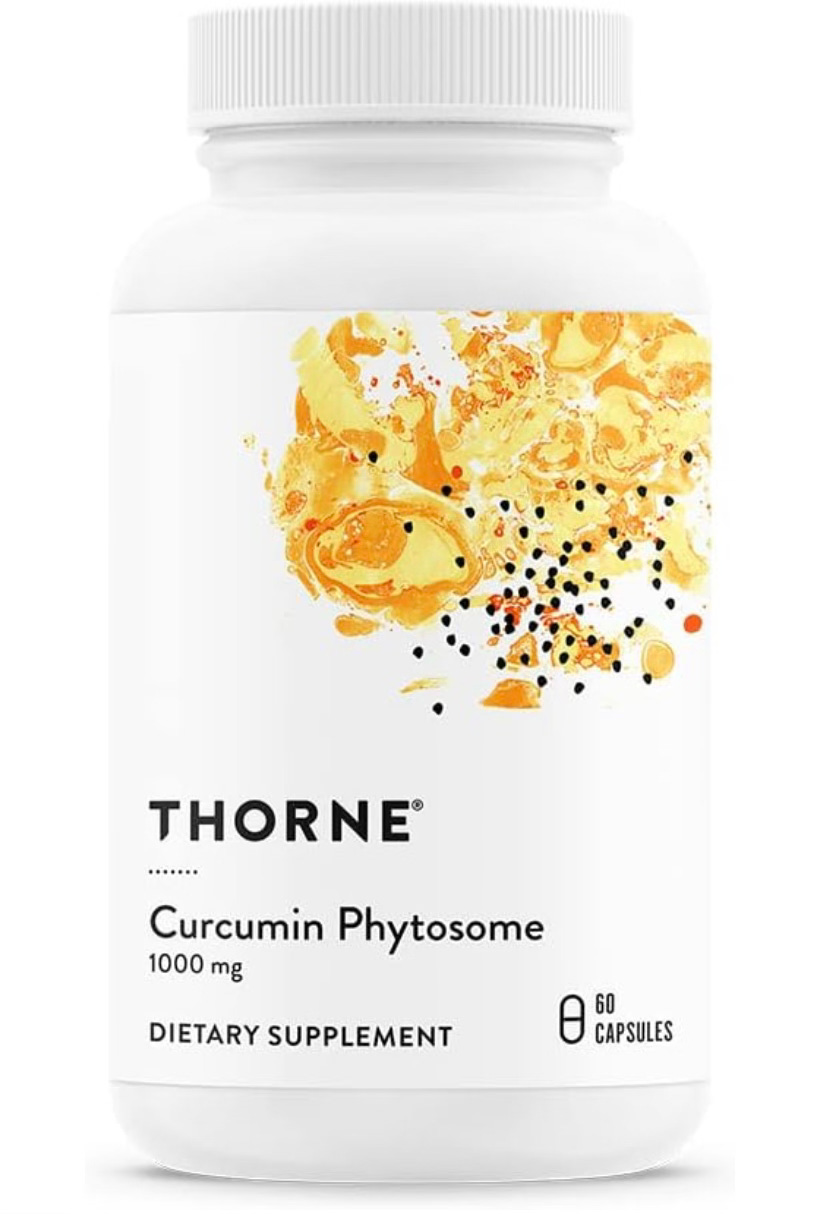[FREE] How to Support Your Lungs in Polluted Air
Breathing polluted air, especially during wildfires, affects your lungs and well-being. This guide offers tips, supplements, and biohacks to protect and support your respiratory health. 🌬️❤️
With the devastating fires raging in Los Angeles and other parts of the world, air quality has significantly deteriorated, posing serious risks to lung health. Whether you're directly exposed to wildfire smoke or dealing with general air pollution, protecting and supporting your lungs is crucial.
Understanding the Effects of Polluted Air on Lungs
Polluted air, especially from wildfires, contains harmful particles and gases such as:
Particulate Matter (PM2.5 and PM10): Tiny particles that penetrate deep into the lungs and bloodstream.
Carbon Monoxide (CO): Reduces oxygen delivery to the body.
Volatile Organic Compounds (VOCs): Can irritate airways and cause inflammation.
Polycyclic Aromatic Hydrocarbons (PAHs): Linked to oxidative stress and lung damage.
These pollutants can lead to short-term issues like coughing, wheezing, and difficulty breathing, as well as long-term risks such as chronic obstructive pulmonary disease (COPD), asthma, and cardiovascular problems.
Supplements to Support Lung Health
How it works: NAC boosts glutathione, the body’s master antioxidant, which protects lung tissues from oxidative damage caused by pollutants. It also helps thin mucus, making it easier to expel irritants.
Dosage: 600-1200 mg/day. I take 900 mg by default.
Research: Studies show NAC reduces inflammation and oxidative stress in individuals exposed to smoke and pollution.
That’s my go to NAC
How it works: A powerful antioxidant that combats free radicals generated by polluted air. It also strengthens the immune system to fight respiratory infections.
Dosage: 500-2000 mg/day. I take 1000mg a day.
Research: Studies link higher vitamin C levels to better lung function in polluted environments.
How it works: Reduces inflammation in the lungs and enhances cell membrane health.
Dosage: 1000-2000 mg/day (EPA + DHA).
Research: Clinical trials show omega-3s can mitigate the inflammatory effects of PM2.5.
This is my go to Omega 3 Krill. I know the Norwegian company which supplies Mega Red, hence my choice.
How it works: A natural flavonoid that reduces inflammation and allergic responses in the respiratory tract.
Dosage: 500-1000 mg/day. I take 500 mg a day unless I am in a highly polluted place, then I move to 1000 mg.
Research: Studies demonstrate quercetin’s ability to improve lung function and reduce oxidative stress.
How it works: Relaxes airway muscles, reducing bronchoconstriction caused by pollutants.
Dosage: 300-400 mg/day. Be sure to take a magnesium supplement that contains ALL of the 7 types of magnesium.
Research: Higher magnesium intake is associated with better respiratory health and reduced asthma symptoms.
How it works: Soothes irritated airways and helps clear mucus.
How to use: Take as a tincture or drink as tea 2-3 times a day.
I don’t take it all the time, only if I have a cold which is beyond rare. But this is my fave brand.
Curcumin (Turmeric Extract) 🧡
How it works: A potent anti-inflammatory that protects lung tissues from damage.
Dosage: 500-1000 mg/day with black pepper for better absorption pr phospholipids. I take, by default, 1000 mg a day.
Research: Curcumin has been shown to reduce oxidative stress in respiratory diseases.
This is my all time favorite when it comes to curcumin.
Biohacks for Lung Support
Use a High-Quality Air Purifier 🌬️
Why: Removes harmful particles, smoke, and allergens from indoor air.
What to look for: Choose a purifier with a HEPA filter and activated carbon to capture fine particles and VOCs.
Steam Inhalation 🌡️
Why: Opens airways, clears mucus, and soothes irritated tissues.
How to do it: Add a few drops of eucalyptus or peppermint essential oil to hot water and inhale deeply for 5-10 minutes. But only if you are in a place with clean air.
Controlled Breathing Techniques 🫁
Diaphragmatic Breathing: Enhances oxygen delivery and relaxes airways.
Box Breathing: Inhale for 4 seconds, hold for 4 seconds, exhale for 4 seconds, and hold for 4 seconds. Repeat for 5-10 minutes. Make sure you do this exercice ONLY if the air is of good quality.
Cold Therapy ❄️
Why: Reduces systemic inflammation and supports respiratory recovery.
How to do it: Try cold showers or ice baths 2-3 times a week. To go further, go for cold plunges.
Why: Encourages nasal breathing, which filters and humidifies air more effectively than mouth breathing.
How to do it: Use a gentle medical tape to close your mouth while sleeping.
Lifestyle Changes to Protect Your Lungs
Stay Indoors During Peak Pollution 🏠
Monitor air quality using apps like IQAir or AirVisual and avoid outdoor activities when AQI levels are high.
I am a big fan of Purple Air, which I discovered a few years back when California was battling massive fires.
Hydrate Generously 💧
Drink at least 2-3 liters of water daily to keep mucus thin and aid in toxin elimination. Don’t drink sodas or fruit juices (too much sugar is highly inflammatory). Avoid drinking from plastic bottles.
Wear a Proper Mask Outdoors 😷
Use an N95 or P100 mask to filter out fine particles during poor air quality days.
Reduce Indoor Pollutants 🕯️
Avoid burning candles or using chemical-laden cleaning products (incense is a very bad idea).
Support Nasal Health 👃
Use a saline nasal spray or neti pot to flush out irritants from nasal passages.
Foods That Support Lung Health
Leafy Greens: Rich in antioxidants and chlorophyll to combat toxins.
Garlic and Onions: Contain sulfur compounds that reduce inflammation and boost immunity.
Citrus Fruits: High in vitamin C to strengthen lung tissues.
Ginger: Reduces inflammation and helps expel pollutants from the lungs.
Berries: Packed with polyphenols that protect against oxidative damage.
When to Seek Medical Attention
While these strategies can significantly support your lungs, consult a healthcare professional if you experience:
Persistent coughing or wheezing.
Shortness of breath or chest pain.
Symptoms that worsen over time.
My Conclusion
Polluted air, especially during wildfires or like the massive fires we are now experiencing in Los Angeles, can strain your lungs and overall health. And I am not even talking about stress.
By combining supplements, biohacks, and lifestyle adjustments, you can minimize damage and optimize your respiratory function.
Stay proactive, monitor air quality, and prioritize your health during these challenging times. 🌿🫁✨
Share your experiences or additional tips in the comments below! Let’s biohack our way to cleaner, healthier lungs.🚀
If you live in the Los Angeles area, I am sending you all my love and support during these trying times.
Love,
Your Coach, Biohacker, and Longevity Expert
P.S.: I'm also the founder of LiliWarrior, a 100% eco-friendly clothing brand that's better for the planet, and therefore better for our health (creating a virtuous cycle!).






